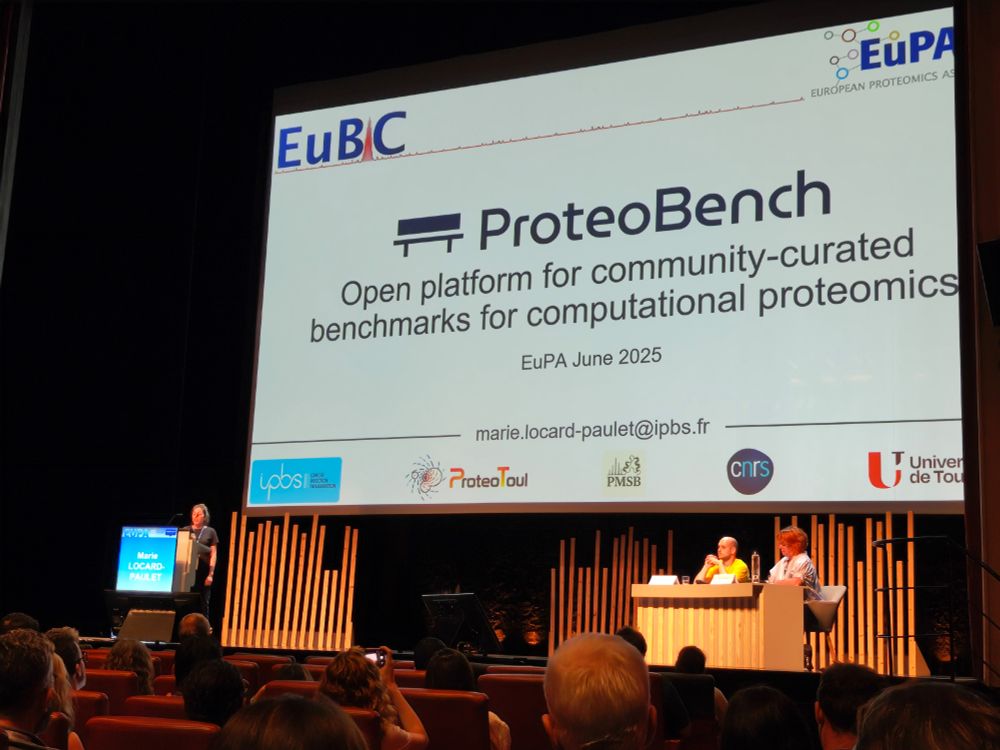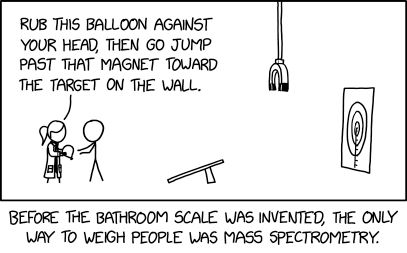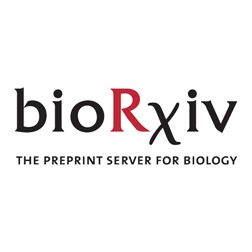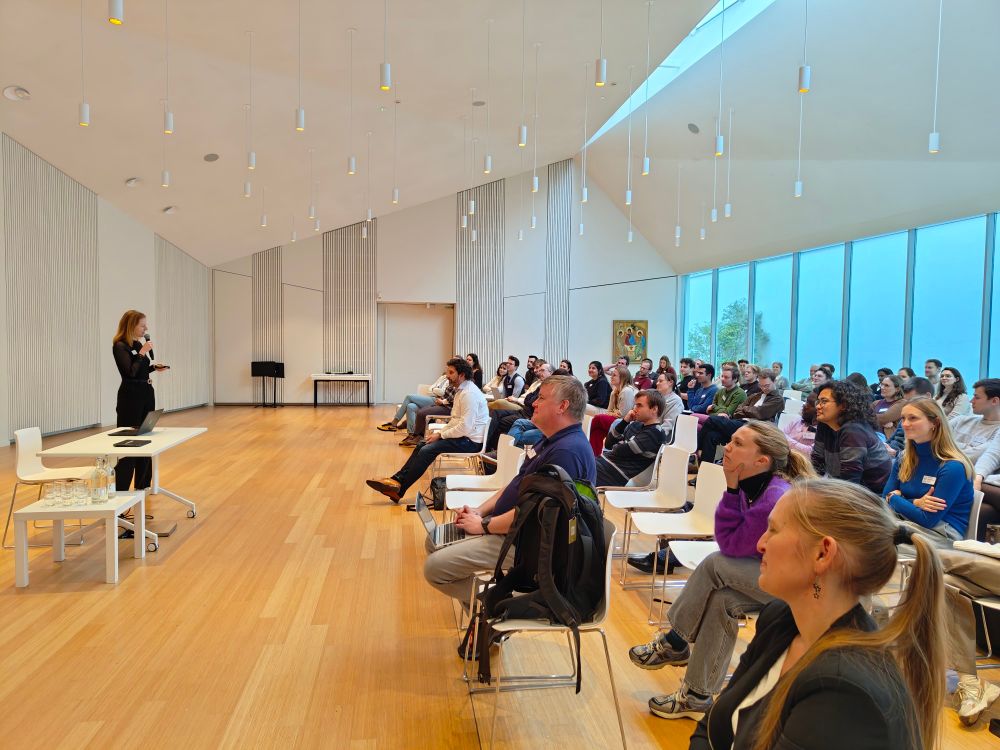Check it out here: www.biorxiv.org/content/10.6...
Congratulations and thanks to everyone involved for the great effort!

Check it out here: www.biorxiv.org/content/10.6...
Congratulations and thanks to everyone involved for the great effort!
Koina aims to transform how #proteomics uses machine learning. You no longer need to be a tech wizard to use ML and now can easily run #ML models. Integrated with FragPipe, Skyline and EncyclopeDIA!
www.nature.com/articles/s41...

Koina aims to transform how #proteomics uses machine learning. You no longer need to be a tech wizard to use ML and now can easily run #ML models. Integrated with FragPipe, Skyline and EncyclopeDIA!
www.nature.com/articles/s41...
👉 Learn more about our open proteomics software benchmarking platform at proteobench.readthedocs.io.
#Proteomics #Bioinformatics #Benchmarking

👉 Learn more about our open proteomics software benchmarking platform at proteobench.readthedocs.io.
#Proteomics #Bioinformatics #Benchmarking
Preprint & app: www.biorxiv.org/content/10.1...
Let's chat at #EuPA2025 - Award session (Wednesday) & poster session (Thursday)!
Preprint & app: www.biorxiv.org/content/10.1...
Let's chat at #EuPA2025 - Award session (Wednesday) & poster session (Thursday)!
After a short introduction, we have three exciting talks lined up, as well as an interactive discussion on open issues in computational proteomics.
@eupaproteomics.bsky.social @uszkoreitju.bsky.social @harirmds.bsky.social

After a short introduction, we have three exciting talks lined up, as well as an interactive discussion on open issues in computational proteomics.
@eupaproteomics.bsky.social @uszkoreitju.bsky.social @harirmds.bsky.social
www.biorxiv.org/content/10.1...

www.biorxiv.org/content/10.1...





Check it out here:
www.biorxiv.org/content/10.1...

Check it out here:
www.biorxiv.org/content/10.1...
---
#proteomics #prot-preprint

---
#proteomics #prot-preprint
Our findings are clear: multiconformer peptides cannot be overlooked when predicting CCS!
Our findings are clear: multiconformer peptides cannot be overlooked when predicting CCS!
Check it out here:
www.biorxiv.org/content/10.1...

Check it out here:
www.biorxiv.org/content/10.1...
Our latest research, TIMS²Rescore, is now published in Journal of Proteome Research! 🎉
Read it here: pubs.acs.org/doi/full/10....
A huge thanks to all our collaborators for making this happen!

Our latest research, TIMS²Rescore, is now published in Journal of Proteome Research! 🎉
Read it here: pubs.acs.org/doi/full/10....
A huge thanks to all our collaborators for making this happen!
Learn more at doi.org/10.1101/2024... and proteobench.readthedocs.io.


Learn more at doi.org/10.1101/2024... and proteobench.readthedocs.io.


